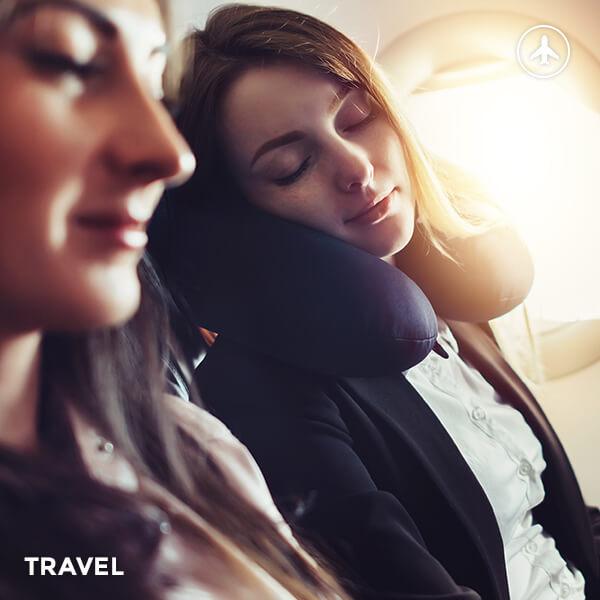Why Pilots Should Wear Airplane Ear Plugs: Protecting Your Precious Hearing
Body
As a pilot, your hearing is one of your most valuable assets. The constant exposure to high levels of noise in the cockpit can have long-term effects on your hearing health. That's why it is crucial for pilots to wear airplane ear plugs to protect their precious hearing.

The Importance of Hearing Protection
When you're flying at high altitudes, the noise levels inside the cockpit can reach up to 100 decibels or more. Prolonged exposure to such high levels of noise can lead to permanent hearing damage. This is where airplane ear plugs come in. They act as a barrier between your ears and the loud noises, reducing the intensity of sound that reaches your eardrums.
By wearing airplane ear plugs, you can significantly lower the risk of developing noise-induced hearing loss. This condition is irreversible and can have a profound impact on your quality of life. It can affect your ability to communicate effectively, both inside and outside the cockpit, and can even lead to tinnitus, a constant ringing or buzzing sound in the ears.
The Different Types of Airplane Ear Plugs
There are several types of airplane ear plugs available on the market, each offering different levels of protection and comfort. Foam ear plugs are a popular choice among pilots due to their affordability and ease of use. They are made of soft, compressible foam that expands to fit the shape of your ear canal, providing a snug and secure fit.
Another option is silicone ear plugs, which are reusable and offer a higher level of comfort. They are made of a soft, flexible material that molds to the shape of your ear, creating a custom fit. Some silicone ear plugs even come with filters that allow for better communication while still protecting your hearing.
The Benefits of Wearing Airplane Ear Plugs
Wearing airplane ear plugs not only protects your hearing but also offers other benefits. Firstly, they can help reduce fatigue and improve concentration during long flights. The constant noise in the cockpit can be mentally draining, and wearing ear plugs can provide some relief, allowing you to focus better on flying.
Secondly, airplane ear plugs can prevent the onset of barotrauma. Barotrauma occurs when there is a rapid change in air pressure, such as during takeoff or landing. It can cause pain and discomfort in the ears, and in severe cases, even lead to eardrum rupture. By wearing ear plugs, you can equalize the pressure in your ears more effectively and minimize the risk of barotrauma.
Conclusion
Protecting your precious hearing should be a top priority for every pilot. By wearing airplane ear plugs, you can safeguard your hearing from the damaging effects of noise exposure. Remember, prevention is always better than cure, and investing in a good pair of ear plugs is a small price to pay for the long-term health of your ears.






Comments